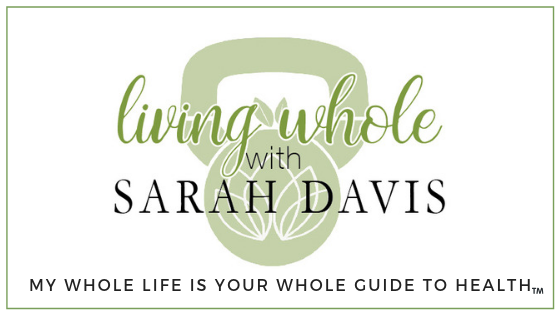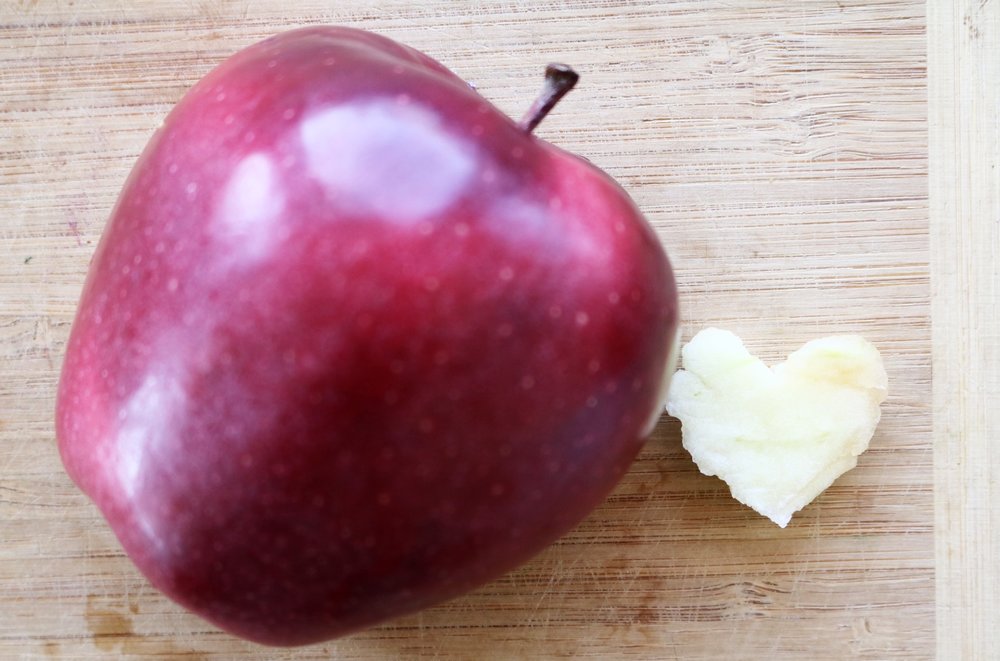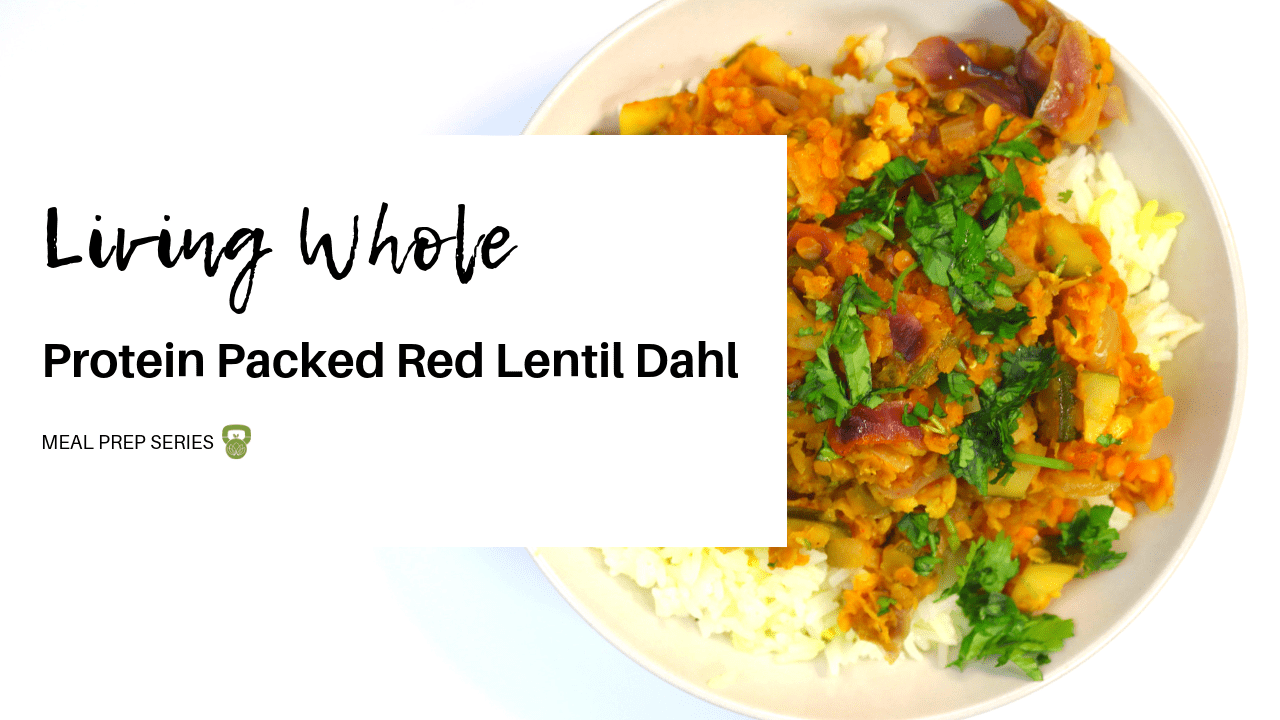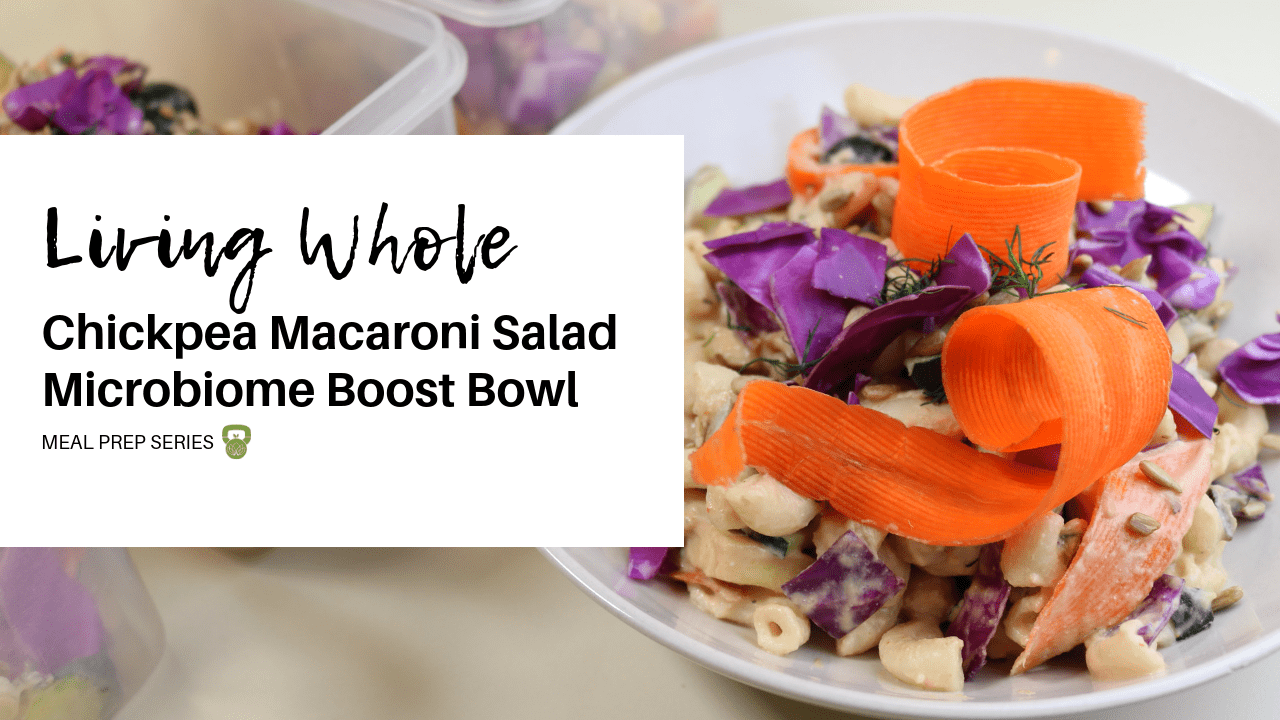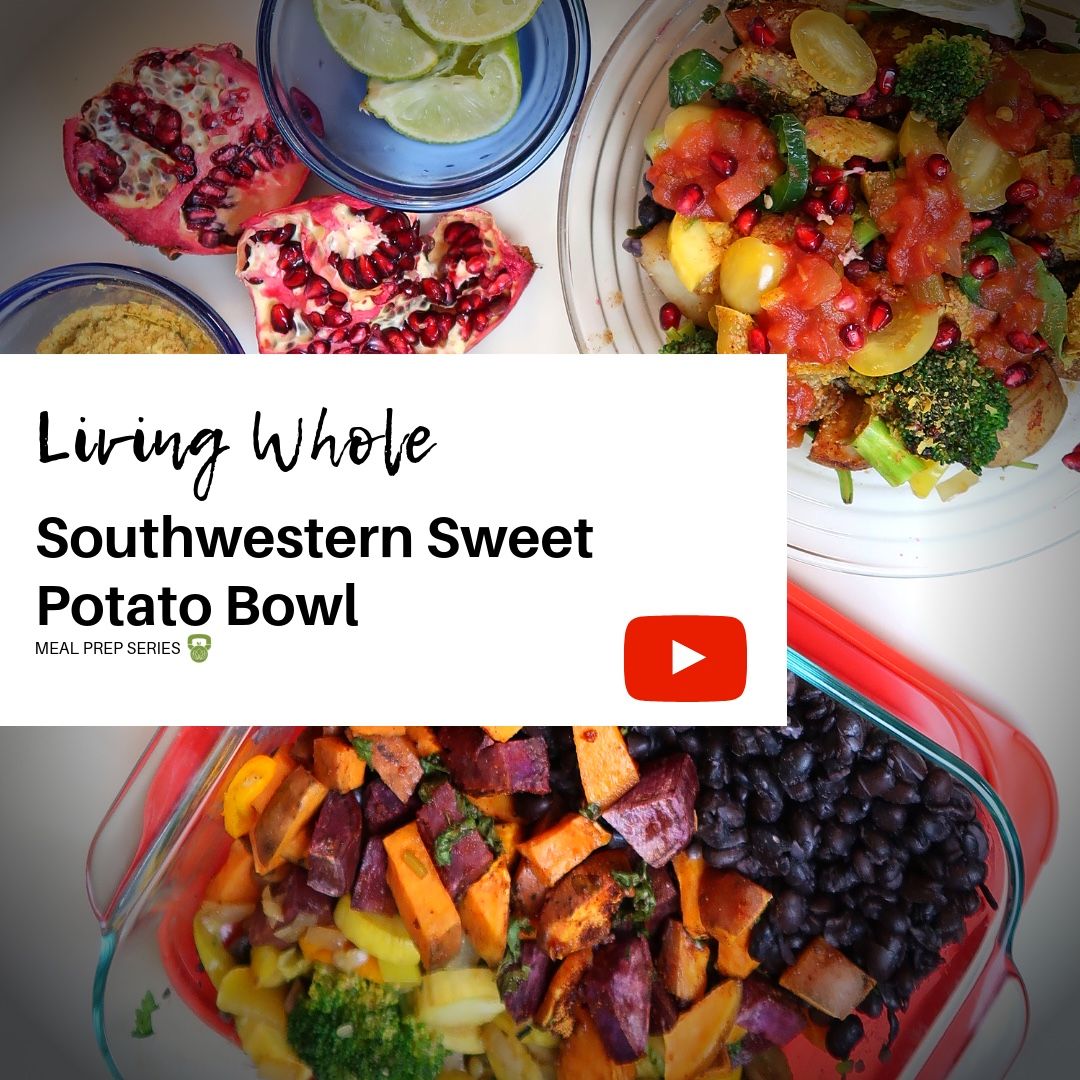An Apple A Day.
The nostalgic phrase that we have all heard time and time again. Is it just a saying reverberated by mothers to have their kids eat fruit, or does it bear more weight?
This saying is probably the first snippet of nutritional information that I, like others, heard. SO where and how do we find a diet lifestyle that allows us to reach nutritional optimality that is backed by evidenced based research?
A whole-food, plant-based diet that is centered on whole or minimally refined plants.
We are born to be built and thrive on plants. This lifestyle doesn’t have to be boring or bland. These foods can be very appealing, tasty and satisfying. A Whole-Food, Plant-Based Diet is not just a diet of vegetables. One of the biggest misconceptions is that people are only choking down spinach, kale salads. This is so far from reality.
It’s a diet based on fruits, vegetables, whole grains, and legumes; and it excludes or minimizes meat (including chicken and fish), dairy products, and eggs, as well as highly refined foods like bleached flour, refined sugar, and oil.
Today we can enjoy them in a spectacular array of recipes (which I’ll post many of my tried and true go to recipes as this blog continues to grow.)
While leafy vegetables are an important part of the whole-food, plant-based approach, they are only a small piece of your nutrition puzzle. Not eating enough will place you in a calorie deficit and is not sustainable. Many people contribute their feelings of hunger to switching to whole food, plant based when really, this hunger, which over time may result in decreased energy, feelings of deprivation, cravings, and even binges, are not caused by switching to a plant-based lifestyle but rather, they are all related to not eating enough. It is definitely recommended we eat generous amounts of leafy vegetables, but it is again only a piece so make these complementary foods that you eat regularly and accompanied by an energy source.
In the Standard American Diet (aka SAD which is certainly how your body functions on it) most of us are accustomed to building our dinner plate around meat. This is a huge misconception and your plate needs, it craves, to have energy based starch built foods most of us have always loved, but have stigmatized because of a misperception that they are “unhealthy.” These are the foods that people around the world have thrived on for generations. No food is a single nutrient, and we should not view foods that way. What matters is the overall nutrient profile. Whole, plant-based foods contain all the essential nutrients and in proportions that are more consistent with human needs than animal-based or processed foods. It’s eating a healthy and balanced variety that is sustainable. The type of thinking that only eats to gain a certain nutrient is misguided and has caused grave harm to human health. One example is our fascination with protein consumption, especially prevalent in the fitness industry (which will be another post entirely). This “need” has led us toward meat consumption. We consume protein in excess of our needs, and our cardiovascular health illustrates bears the burden because many harmful substances like dietary cholesterol are only present in animal foods.
SO in a nutshell.. Here’s scientifically proven facts regarding a whole plant based lifestyle.
Prevents 95% of cancers, even those caused by environmental toxins
Prevents heart attacks and strokes and even reverses severe heart disease
Prevents and reverses Type II Diabetes Mellitus
Helps you reach ideal weight in healthy sustainable fashion
Eliminates most migraines, acne, colds, chronic pain, intestinal distress
Cures ED, no need to say more.
Effective and sustainable. Here’s to an apple a day and more.
